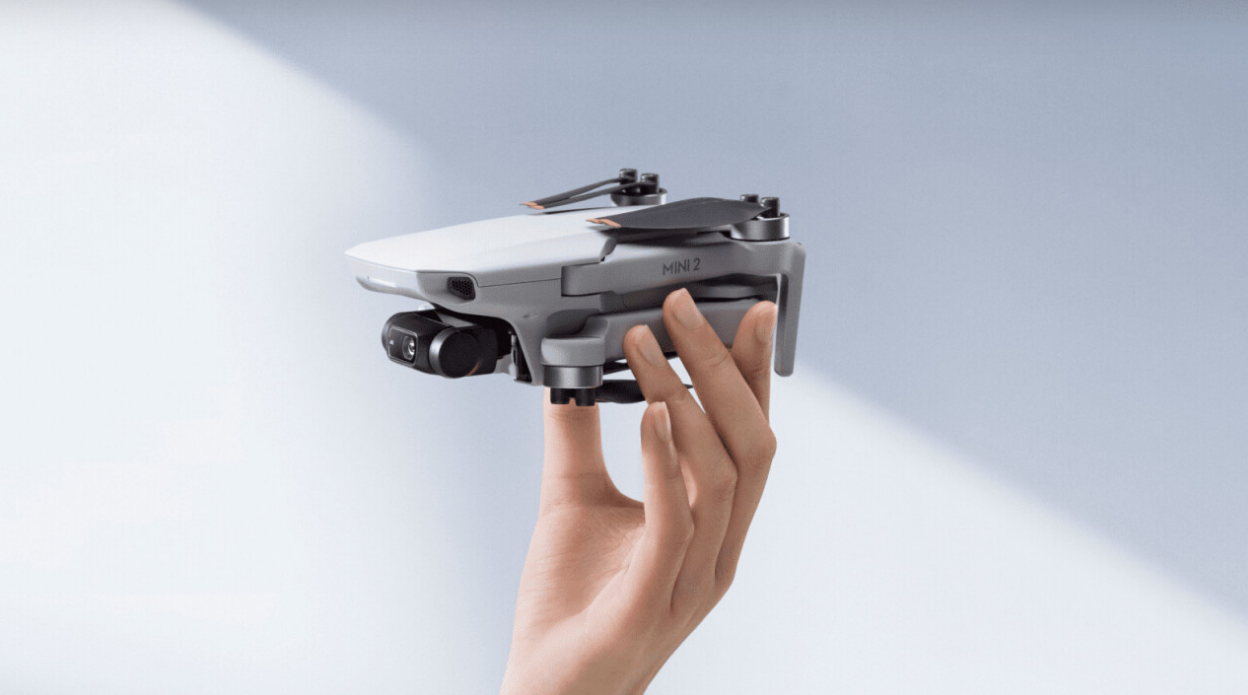DJI he said today the Mini 2, a small but significant upgrade to its smallest drone model companys.
As with the original Mavic Mini, the Mavic 2 doesn't need to be registered with the FAA in the US – it's 249 grams, just 1 gram under spec. The biggest improvement this time around is that instead of having to connect via Wi-Fi, which could lead to unstable connections over long distances, the drone uses DJI's most reliable OcuSync 2.0.
This technology allows the drone to operate at distances of up to 10 km and is much more reliable overall. It is the same technology that DJI uses in the most advanced drone models.
The other big update is that the drone can now take photos in 4K resolution at 30fps, from 2,7K, at bit rates up to 100 Mbps.
This allows you to use 2x lossless zoom if you're recording in 1080p. And of course, you should get very smooth footage from the 3-axis gimbal and built-in modes flights, which are essentially pre-programmed flight paths for a better cinematic look.
Other upgrades include a top speed of 16 m / s (before it was 13 m / s) and wind resistance of up to 10,5 m / s (before it was at 8 m / s). For photographers, the Mini 2 lets you shoot RAW for greater image control and now makes it easier to connect the drone to your phone without the use of a remote control.
Unfortunately, these new features come at a cost. The Mini 2 costs $50 more than its predecessor. THE price it starts at $449 for the basic package with the remote control and one battery, or $599 for the “Fly More” kit that adds a charging hub, three batteries and a case.





